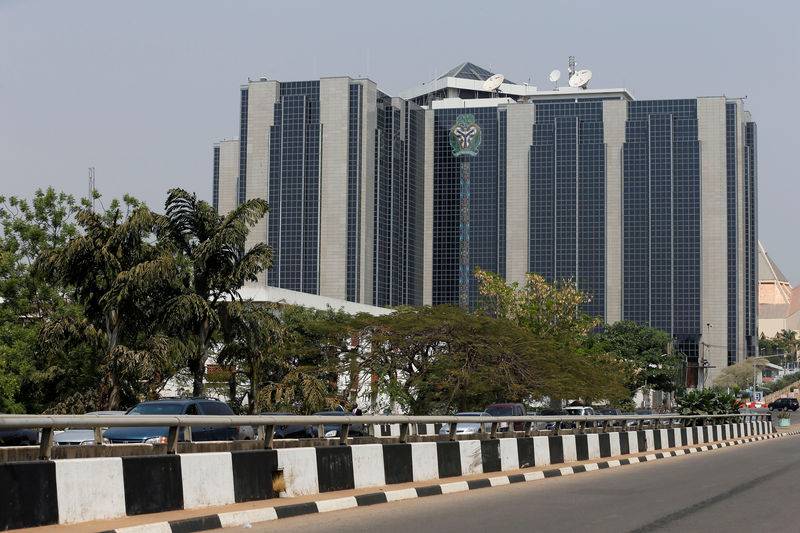ABUJA - Nigerian government officials met with fund managers in New York last week on a non-deal roadshow held to update bondholders on the country’s growth plan after getting out of recession, an investor presentation seen by Reuters on Saturday showed.
The economy recovered from its worst downturn in a quarter of a century last year, but growth is still fragile. The government is trying to diversify its revenue away from an over-reliance on global oil prices to greater tax collection.
The government sees growth of 4.6 percent by 2020 from the 1.5 percent achieved in the first half, by boosting local production, investing in infrastructure and creating jobs. Nigeria’s economy grew just 0.8 percent in 2017.
Zainab Ahmed, who took over as finance minister after Kemi Adeosun resigned last month, was joined by Central Bank Governor Godwin Emefiele, the head of the debt office and the budget and trade ministers for the meeting on the sidelines of the United Nations General Assembly on Sept. 27.
“We simply used the opportunity of the presence of senior members of the economic management team at United Nations General Assembly to meet with investors and analysts,” Patience Oniha, director general of the Debt Management Office, told Reuters. Asked whether the meeting came ahead of a possible bond sale, Oniha said: “Not at all.”
Emefiele told investors Nigeria would continue to welcome foreign investment and that the bank was engaging with MTN after it said the South African telecoms firm had moved $8.1 billion out of Nigeria illegally, with a view to finding a solution.
The West African country wants to raise $2.8 billion of debt offshore as part of its 2018 budget of 9.12 trillion naira, but the government needs approval from parliament before going ahead with bond sales.
Parliament resumes on Tuesday after political parties on Oct. 7 pick their candidates for next February’s presidential election, when President Muhammadu Buhari plans to run for a second term.
Nigeria has said it would borrow more abroad even as interest rates rise in the United States, which could see it pay more than on its most recent debt sale, held in February.
It wants foreign debt as a percentage of its total borrowing to hit 40 percent by next year from 30.2 percent in the first half of this year, the presentation showed.






